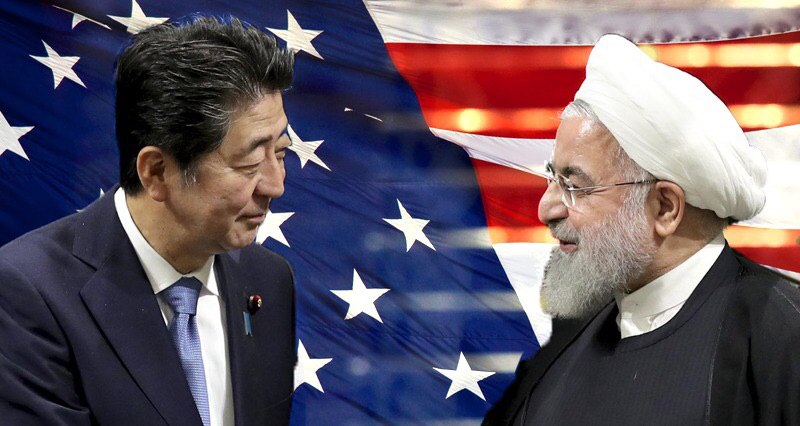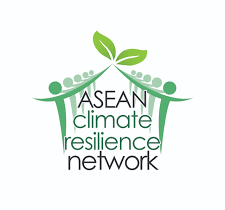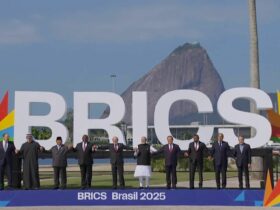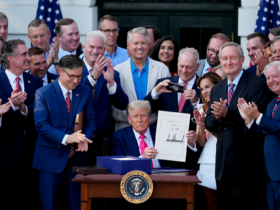As the situation around Iran continues deteriorating, Japan has taken up an initiative to broker peace and to scale down the tensions between Washington and Tehran. While the situation kept aggravating, Prime Minister Shinzo Abe said he was heading on a diplomatic mission to Iran.
The reports on the Japanese Prime Minister’s forthcoming visit on the background of the reciprocal accusations and the escalation of the U.S.-Iranian conflict came as a lightening out of the blue sky. Although the relationship between Iran and Japan is mature and covers a broad spectrum of areas, no Japanese Prime Minister has set foot on Iranian soil ever since 1978. That is why Shinzo Abe’s visit got the label of a ‘historic’ one from the very start, as it believably might change the course of events in the region.
Mr. Abe’s trip to Tehran would unlikely be organized so hastily were it not for Donald Trump’s wish for it to take place. The U.S. President said at an earlier meeting with Abe:
“I do believe Iran would like to talks and if they’d like to talk, we’ll talk also.” Mr. Trump added that Abe had a “very good relationship with Iran.”
The media were immediately awash with the speculations that Abe was heading for Iran on a mediatory mission in order to reconcile the Americans and the Iranians. It is important to remember in this connection, however, that the Prime Minister would have to display magic qualities for resolving a problem lingering for over 40 years in just two days.
In the meantime, Mr. Abe told the NHK broadcasting corporation that his trip to Tehran pursued the goal of bringing the level of regional confrontation down.
“I’d like to play as important a role in establishing peace there as possible,” he said.
The wildest of the versions that were aired suggested that the true objective of Mr. Abe’s undertaking was to arrange a trip for the Iranian spiritual leader, ayatollah Ali Khamenei to the G20 summit in Osaka in June and to organize talks between Mr. Khamenei and President Trump. “The ultimate objective is to make arrangements in Iran and to bring ayatollah Ali Khamenei to the G20 summit in Japan,” the Russian news agency RiaNovosti said. “If Mr. Abe manages to organize the talks between the ayatollah and Mr. Trump, this will be the main political event.” The problem, however, is that the ayatollah has not traveled outside his homeland for more than forty years owing to security concerns. Moreover, a voyage of this kind is barely conceivable given the spiritual leader’s old age.
Forecasts for the Japanese Prime Minister’s mediatory mission that politicians and experts are making in Iran itself sound quite realistic. By breaking up the nuclear deal between the P5+1 format countries – the five permanent members of the UN Security Council plus Germany – and Iran, the U.S. violated all the obligations under the Joint Comprehensive Plan of Action (JCPOA). And by going over to permanent threats and pressure, the Americans evoked mistrust of a degree that will scarcely make it possible for the Iranian government in the short term to believe the sincerity of Trump’s desire to begin peace talks.
Iranian politicians are convinced they do not need a mediator of any kind for conducting talks with the U.S. At some moment during President Obama’s term of office, the teams of negotiators on both sides met each other halfway, tapped compromise solutions on some issues and signed an international agreement. The U.S. president could act along the same lines now and rectify the situation personally. He could turn a deaf ear to the main warmongers, John Bolton and Mike Pompeo, and backtrack to the starting point. To do this, he obviously does not need mediation by Shinzo Abe.
That is why the predictions for a flop of the Abe mission to Iran proved correct. He heard a rejection of his proposal to open dialogue with the U.S. as he met with ayatollah Khamenei, who told him Iran had no plans to make, obtain or use nuclear weaponry. Mr. Khamenei also stressed his country’s will to see peace in the region.
As for Donald Trump, he said he did not view the U.S. President as a man worthy of exchanging messages with. “I don’t have any reply for him, now or in the future,” the spiritual leader said.
And yet Shinzo Abe’s diplomatic mission produced some results. After his meeting with the Iranian President, Tehran made it clear it was ready for dialogue – on its own terms. Hassan Rouhani told a news conference, which he addressed together with Abe, that communications with the U.S. might resume after the dropping of sanctions against the Iranian oil industry.
Mr. Abe’s mission may have flopped, but his visit to Tehran also pursued some objectives crucial for his homeland.
Beyond any doubt, the Japanese Prime Minister pursued definite economic objectives, too. The pressure the U.S. is wielding on the energy sector in the Middle East has a partial direct link to Washington’s own energy problems. The U.S. is seeking to transform from a major consumer of energy resources to their major producer. It is looking for new markets and trying to eliminate the competitors forcibly, as well as aspiring to put a number of other countries, including Japan into dependence on American energy. The latter would place the foreign policy of these countries under total U.S. control. Tokyo understands only too well the long-term outcomes of energy dependence on the Americans, with Washington eventually grabbing control over its foreign policy. Japan, one of the largest consumers of Iranian oil, is looking for ways to continue buying it in bypass of the sanctions. Since the market of Iranian oil is rather limited, Tehran will continue abiding by its time-tested strategy of keeping low prices for crude – a factor lucrative for Japan. Yet Tokyo may also try to resolve other international problems in order to get definite immunity from the U.S. in energy resources, as this will open the doors to the purchases of Iranian oil.
There is slightly any doubt that discussion of oil was one of the key issues Shinzo Abe and Iranian President Hassan Rouhani discussed at a meeting behind closed doors. Quite possibly, the two leaders considered some special patterns of oil sales, if you recall what Rouhani said at the news conference with Abe, namely, that Japan’s interest in continued purchases of oil from Iran […] could guarantee promotion of relations between the two countries.
“In our meeting, Mr. Abe said that Japan was interested in continuing buying Iran’s oil,” – Iranian state-run TV quoted Rouhani.
Quite possibly, this fact and the dissatisfaction with the reply Prime Minister Abe had received from ayatollah Khamenei frustrated Trump and prompted him to say immediately that talking about dialogue with the Iranians was too premature.
At the end of the day, in spite of some positive results and fruitful negotiations, Abe’s visit to Iran was overshadowed by a chain of subversive acts targeting oil tankers in the Gulf of Oman. Explosion at one of the tankers that was carrying Japanese goods occurred right at the peak of the visit, and the U.S. rushed to apportion all blame for the incident to Iran.
In all appearance, the attack on the tanker could hardly be accidental. Its organizers obviously held the Japanese-Iranian relations in the crosshairs. Therefore the answer to a question on why Abe has turned into a foreshadower of mayhem for Iran from a dove of peace is clear. And it is equally clear whose hands the whole thing has played into.

















Leave a Reply